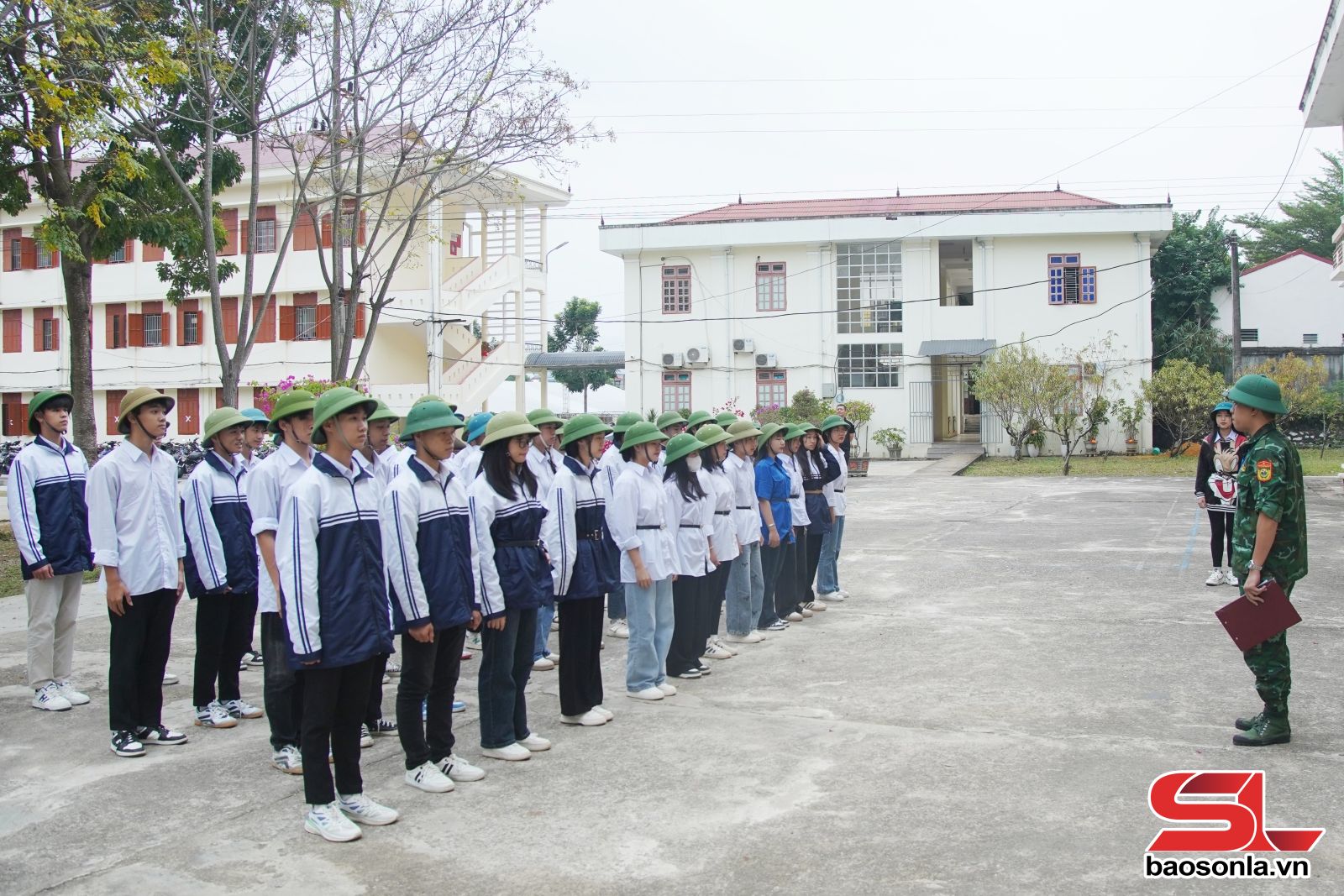
Implementing the 2018 general education program, schools in Phu Yen area have built a curriculum framework with 52 compulsory history periods and 35 specialized periods, according to the regulations of the Department of Education and Training on the number of history periods for secondary school level from 1-3 periods/week, high school level from 1-2 periods/week. Outside of school hours, schools also organize many extracurricular activities, competitions to learn about typical historical events and figures of the country and locality.
Teacher Vi Viet Nam, Principal of Phu Yen High School, said: The school arranges 2 periods/week for History, applying active teaching methods, such as students creating their own presentations, teachers guiding. Based on textbook knowledge, students are able to study in depth about the two resistance wars (1945-1975), at the same time learning about the cultures of ethnic groups and the historical development stages of Son La province.
For primary and secondary schools, all schools maintain the number of history lessons from 3-4 periods/week. Schools located far from the new commune center (in remote and old communes) continue to teach history according to the requirements of innovation, teachers use electronic lesson plans combined with visual images to help students absorb knowledge more easily. Especially at Tan Lang Primary and Secondary School, Muong Coi commune, they have built and called on union members and youth in the commune to support the construction of the "Truong Sa Landmark" model, contributing to educating students about love for their homeland and country, arousing the will, pride and responsibility to protect the sovereignty of the sacred sea and islands of the Fatherland.
Hoang An Khanh, a student of class 8A2, Tan Lang Primary and Secondary School, shared: Personally, I only know about Truong Sa through pictures in books, newspapers and information on social networking sites. When the school built the model of "Truong Sa milestone", my classmates and I learned more about the Truong Sa archipelago, a part of the Fatherland, and better understood our ancestors' efforts to preserve the sovereignty of the sea and islands. I hope that one day I will have the opportunity to visit Truong Sa.
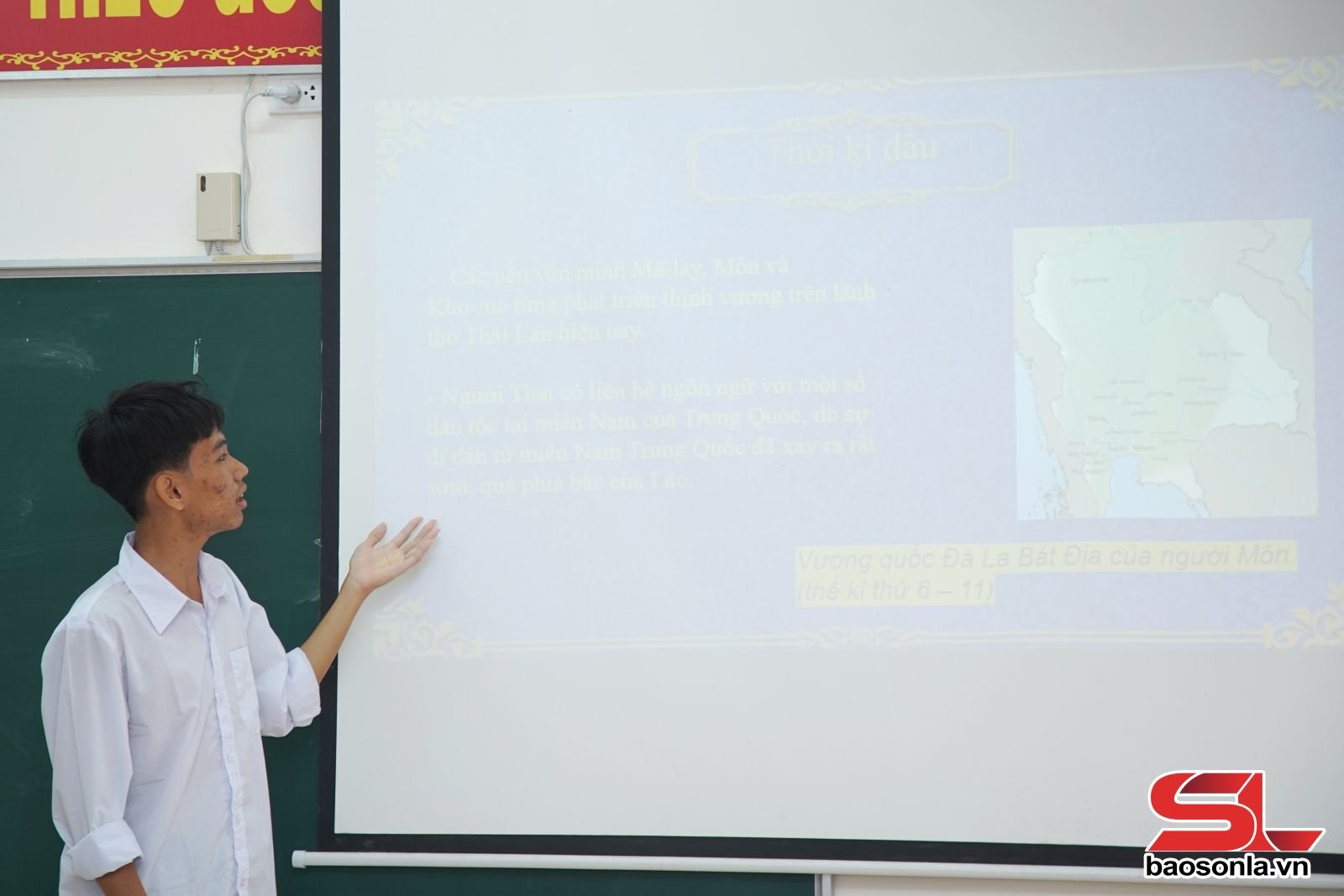
Schools organize extracurricular activities to teach history in the form of competitions to learn and experience at the Anti-French Resistance War Relic Site - Nhot Forest (Gia Phu Commune), creating an exciting atmosphere, helping students easily remember historical events and places through additional information after each question. In 2025, major commemorative activities, such as the 50th anniversary of the Liberation of the South, National Reunification and the 80th anniversary of National Day September 2, will help students understand more deeply about the revolutionary tradition and the sacrifices of their ancestors for today's peace.
In addition, in high schools, along with History, National Defense Education has helped students better understand the guidelines and strategies for protecting the Fatherland in the new situation, as well as foster patriotism and civic responsibility of young people in the work of building and protecting the Fatherland in the new era. At the same time, they are equipped with skills to handle situations that may occur in daily life, such as natural disaster prevention, fire prevention and fighting, etc.
Assigned to teach the subject of National Defense and Security Education at Gia Phu High School, teacher Dao An shared: National Defense and Security Education is a journey to foster patriotism, sense of responsibility and life skills for students. In each lesson, I often use videos, illustrations and hypothetical situations for students to discuss and exchange. I also regularly update teaching materials, guide students to select official sources of information on social networks to better understand the Party and State's guidelines and strategies for protecting the Fatherland in the new situation.
Local education has gradually become more familiar, guiding students to approach and learn general knowledge about local culture, such as: customs, traditional festivals, cultural heritage of ethnic groups; knowledge about Son La history, revolutionary stages, historical figures, historical relics, scenic spots and knowledge about socio-economics, environment... helping the young generation of Phu Yen understand clearly the traditions of their homeland, country and the way to protect the Fatherland.
Source: https://baosonla.vn/khoa-giao/hieu-qua-tu-chuong-trinh-giao-duc-dia-phuong-nSsYqERvR.html


![[Photo] Flooding on the right side of the gate, entrance to Hue Citadel](https://vphoto.vietnam.vn/thumb/1200x675/vietnam/resource/IMAGE/2025/10/28/1761660788143_ndo_br_gen-h-z7165069467254-74c71c36d0cb396744b678cec80552f0-2-jpg.webp)
![[Photo] Draft documents of the 14th Party Congress reach people at the Commune Cultural Post Offices](https://vphoto.vietnam.vn/thumb/1200x675/vietnam/resource/IMAGE/2025/10/28/1761642182616_du-thao-tai-tinh-hung-yen-4070-5235-jpg.webp)



![[Photo] National Assembly Chairman Tran Thanh Man received a delegation of the Social Democratic Party of Germany](https://vphoto.vietnam.vn/thumb/1200x675/vietnam/resource/IMAGE/2025/10/28/1761652150406_ndo_br_cover-3345-jpg.webp)
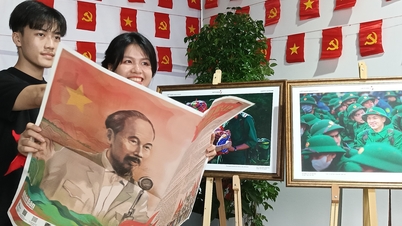

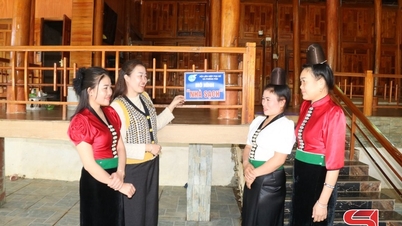
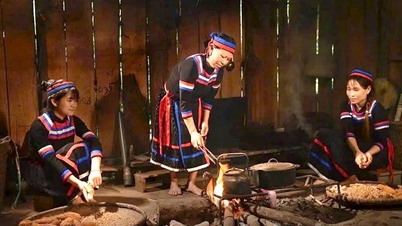

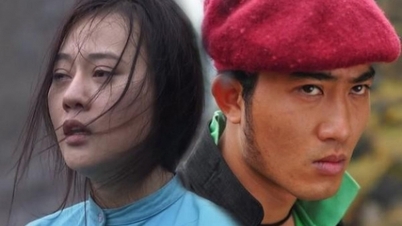

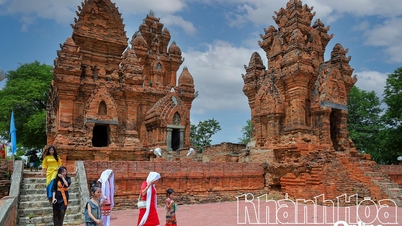

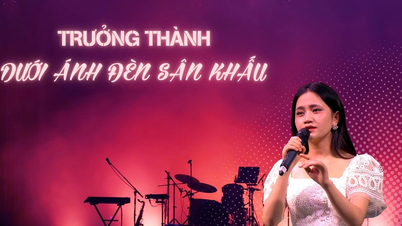





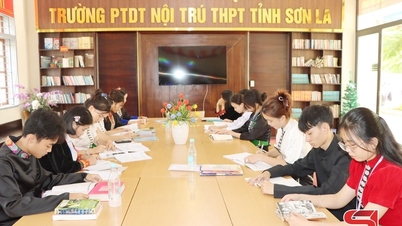
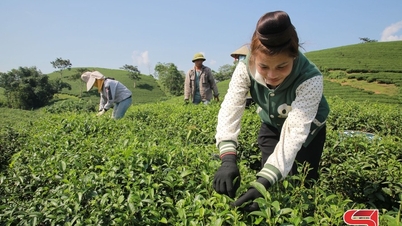
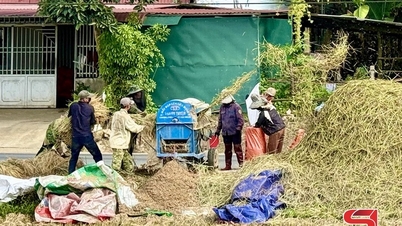

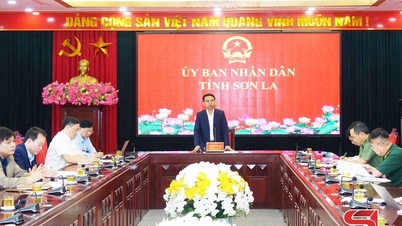
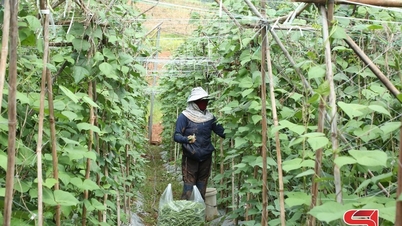

![[Photo] President Luong Cuong attends the 80th Anniversary of the Traditional Day of the Armed Forces of Military Region 3](https://vphoto.vietnam.vn/thumb/1200x675/vietnam/resource/IMAGE/2025/10/28/1761635584312_ndo_br_1-jpg.webp)











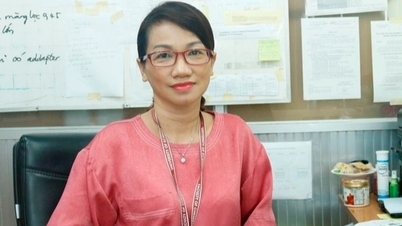








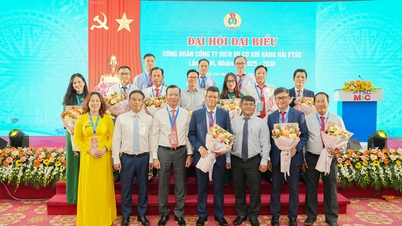











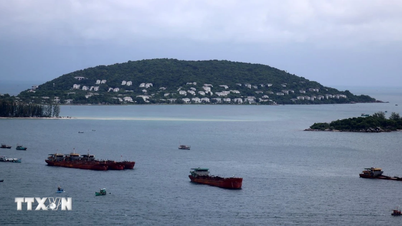

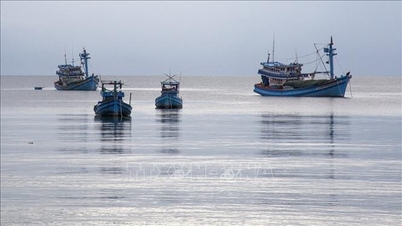

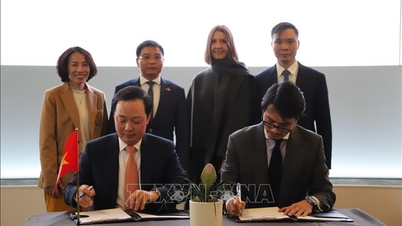
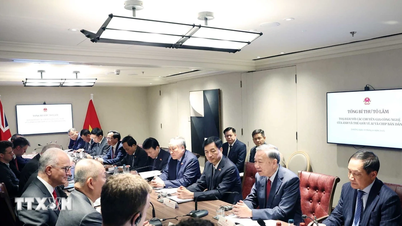
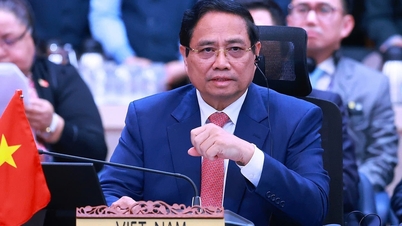


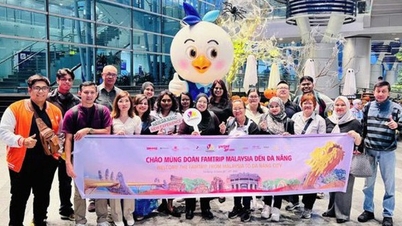

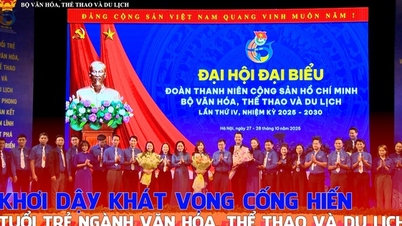
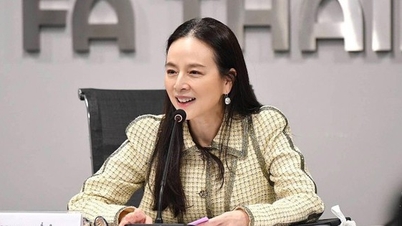
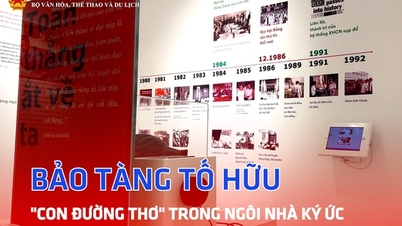
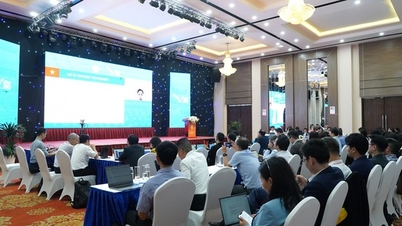

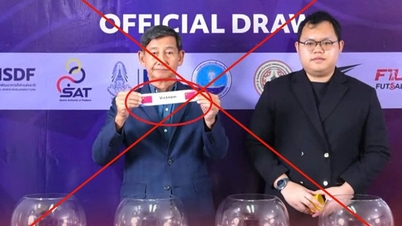
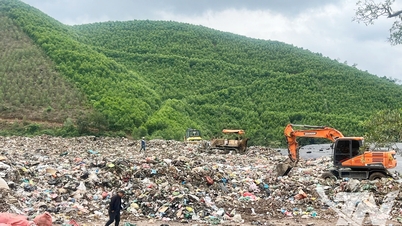

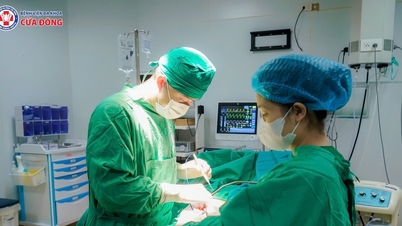

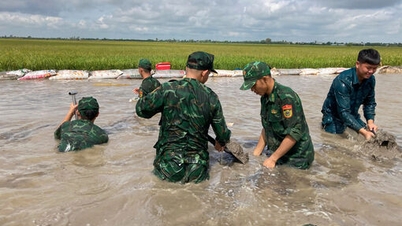

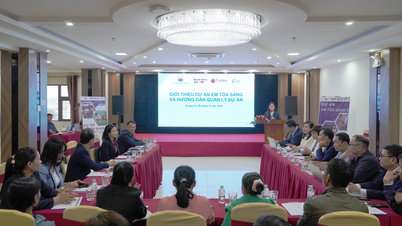


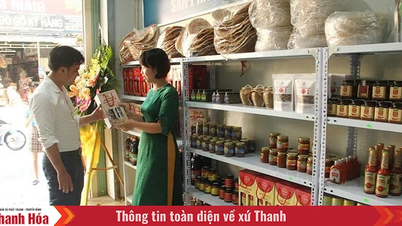















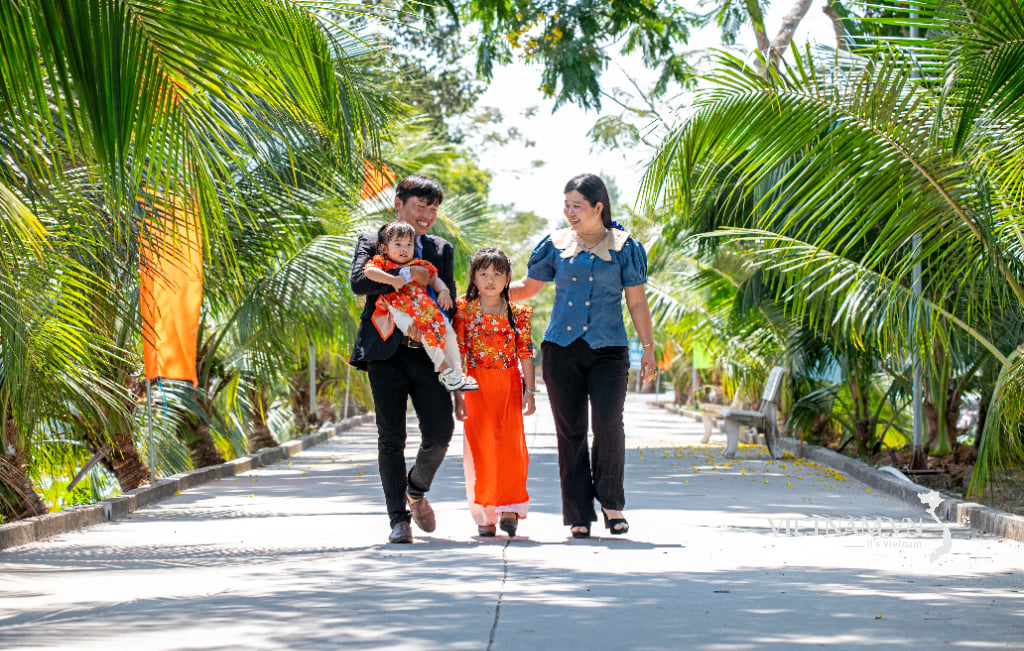
Comment (0)